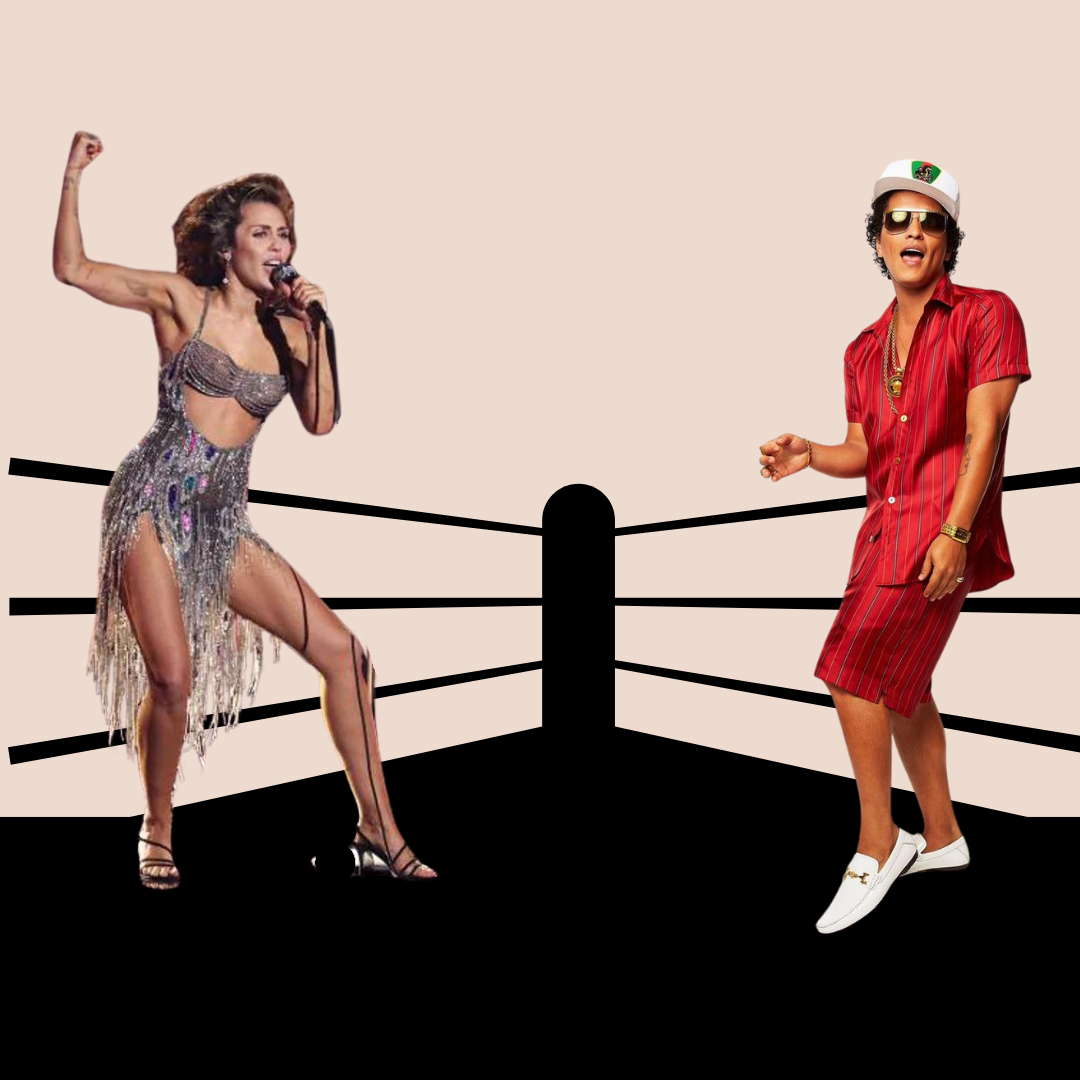Miley Cyrus is facing a lawsuit over claims that she copied another song. The lawsuit was filed by Tempo Music Representatives and alleges that the chorus of her song “Flowers” and “When I Was Your Man” by Bruno Mars are “substantially similar.” If won, the lawsuit will set a dangerous precedent for copyright in the future.
The lawsuit against Cyrus comes at a time when many artists are being sued for copyright, reigniting discussions around infringement. On the heels of that comes a question: What does it mean to be original in an increasingly interconnected world? When it comes to music, copying is defined as the imitation of specific melodies or harmonies. But an artist can be inspired by a song and not know that it counts as infringement, or they could be pulling from influences without even realizing, otherwise known as “subconscious copying.”
An artist could be sued for having a similar chord arrangement or even for copying the “feel” of a song, such as Robin Thicke’s “Blurred Lines” or Ed Sheeran’s “Thinking Out Loud.” My personal reservations aside, if all artists were liable to copy the “feel” of another song, then there simply wouldn’t be enough copyright lawyers to go around. And simply put, there are only so many chord progressions. It is possible for a song to unintentionally repeat a melody because the amount of possible melodies is finite.
In theory, a copyright law should protect an artist’s intellectual property. However, more times than not, copyright laws can become a tool for large corporations to stifle creativity and generate profit. It should be noted that Mars has not been listed as a plaintiff in the suit, which raises doubts about the reasons behind the case. The case against Cyrus seems less about pursuing artistic justice and more about getting a share of the profit, which could explain why Tempo decided to sue nearly two years after the song was released and, more importantly, once the song had solidified its success with multiple Grammy awards.
I listened to “Flowers” over the summer, more or less against my will, though it never occurred to me that the song was copying “When I Was Your Man.” Listening to it again, the songs admittedly have some overlap in terms of concept and lyrical motifs, but it feels more appropriate to call “Flowers” a response song than a blatant rip-off. Even so, having some lyrical overlap wouldn’t be considered infringement, according to a music law professor at Vanderbilt Law School. Sonically, the two songs are vastly different, with “Flowers” being a ballad while “When I was Your Man” veers into electronic dance music territory.
The copyright case against “Flowers” is significant because it raises questions about who should receive credit and protection under copyright law. It also sparks debate about who owns a song and who has the right to file copyright claims. We know how pervasive influences can be, yet we demand absolute originality from our artists, an increasingly impossible task in a world where originality nearly doesn’t exist.
As time goes on, the issue of copyright is bound to get more complicated, exacerbated by the rise of artificial intelligence. This extends to writing as well. Since programs such as ChatGPT pull from a wide range of data sources, interpolating their responses into your writing could lead to copyright infringement because you could be copying someone else without knowing. If an artist uses artificial intelligence (AI) to help them in any field, they can run the risk of unknowingly copying from a source which the AI also took from, and in that case, it becomes difficult to determine who is culpable.
In an ideal world, artists would own what they create, and they would also be free to create as they please without fear of being sued. Copyright laws are important because they can protect an artist’s intellectual property and prevent someone else from replicating it. Unfortunately, our current copyright laws muddy the boundaries of what counts as copying and what doesn’t, unfairly targeting artists who might just be taking inspiration or unintentionally recreating similar patterns.
Hopefully in the future, copyright laws can be amended to protect artists. As for now, we can only hold our breath and see what the final verdict will be for Cyrus’ “Flowers.”
Britney Phan, FCRH ’26, is an English major from the Bronx, N.Y.









































































































































































































